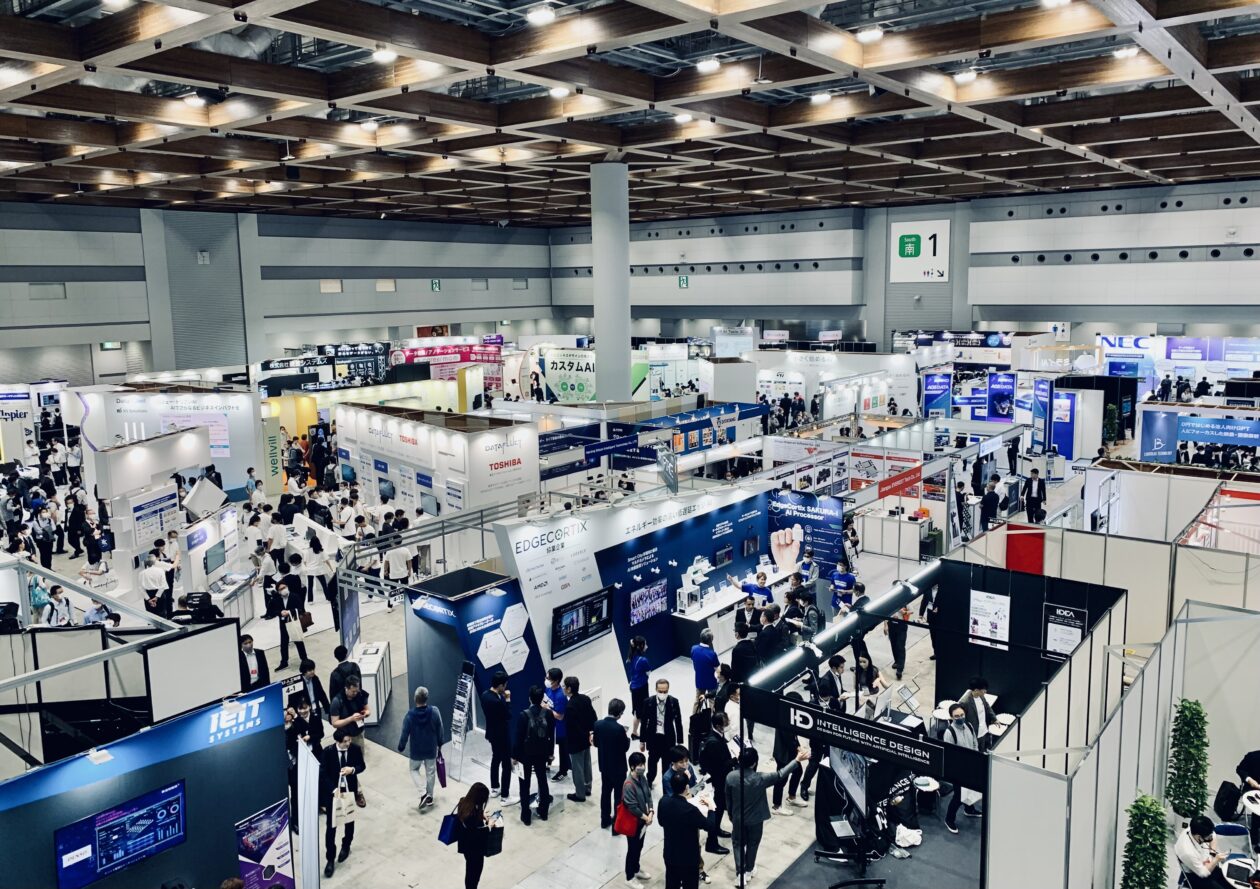The Big Sight conference venue in Odaiba, central Tokyo, provides the venue for the NexTech conference, though it was clear that Artificial Intelligence was the belle of the ball, occupying the entire ground floor of the airplane hangar-sized exhibition hall. Blockchain, quantum computing and others squeezed into corners on the second floor.
The floor-plan spoke volumes of the problem now facing Japan’s advocates for widespread blockchain adoption.
Namely, despite a recent favorable turn toward crypto by the administration of Prime Minister Fumio Kishida — including the release of a government-affiliated crypto white paper in April — the general public remains largely unconvinced by blockchain evangelists.
And perhaps what is most painful for the entrepreneurs and innovators now leading the uphill charge to reassert the nation’s place in the global crypto pecking order, is that Japan was once a front-runner in the space.
“We used to be the world’s most highly developed country for cryptocurrency blockchains,” said Yuzo Kano, pointing to a screen emblazoned with the words ‘Japan is coming back…AGAIN.’
The CEO and founder of Tokyo-headquartered cryptocurrency exchange bitFlyer Inc. was clearly irked by the circumstances that have seen Japan lose its first-mover advantage as an early crypto adopter.
During a presentation on current public and private sector trends in Web3 — a new phase of the internet built around decentralized blockchain technologies, the metaverse, and non-fungible tokens (NFTs) — Kano alluded to the Coincheck hack in Japan in 2018, which led to the loss of hundreds of millions of dollars worth of cryptocurrency.
The incident, along with the earlier hack of the Mt. Gox crypto exchange in 2014 that saw hundreds of thousands of Bitcoin stolen, shocked the industry, ushering in Japan’s own extended crypto winter.
“You look back to 2018, and Japan was the crypto epicenter, with developers flooding in from all over the world to be here,” Kano said. “From 2014 it was like that, but then due to a certain unfortunate incident, we’ve seen nothing but stagnation for the past four years.”
Japan, he said, has fallen to 27th position in the world in terms of cryptocurrency investments, with only 5% of the population owning digital assets, compared to almost 14% in the U.S. and over 27% in Turkey.
The four years of inactivity had set Japan back, he said, although the country was “now in a position where we can make a fresh start.”
It will be up to Masaaki Taira, Kishida’s head of Web 3 development, to outline the conditions for that fresh start during his presentation on government strategy at NexTech on Thursday.
See related article: Japan’s Web3 pivot needs global mindset, flexibility to succeed, says incubator founder

